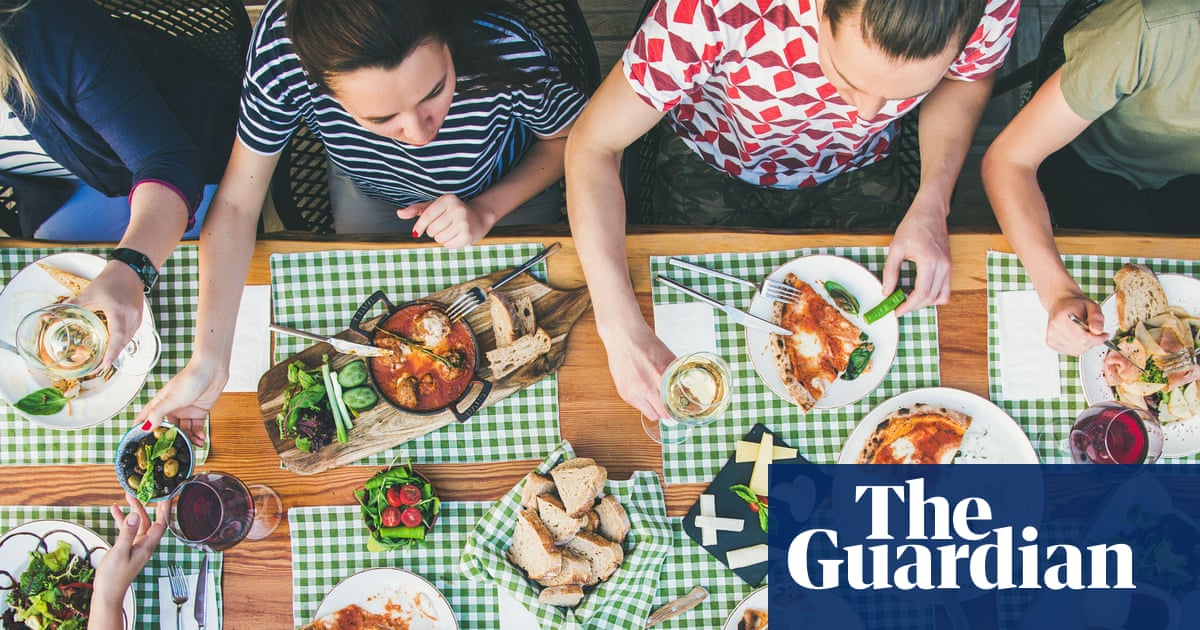
"Because GLP-1s reduce the reward value of fatty, sugary and salty food, as well as reduce appetite, many patients go off these foods, said Alexander Miras, a professor of endocrinology at Ulster University. The effect is similar to that in patients who have bariatric surgery, which helps them to lose weight. After bariatric surgery, there is at least a fivefold increase in endogenous GLP-1s that naturally occur in our guts."
"We know that this hormone works in parts of the brain that decide how rewarding food is, and it reduces the reward value of food, especially high fat, high sugar foods, Miras said. About 20% of bariatric patients' taste buds change their food preferences in the long term, while a much bigger percentage of people experience these changes in the months immediately after bariatric surgery, before food preferences and taste perception go back to normal."
GLP-1 receptor agonists mimic the GLP-1 hormone to reduce appetite, slow gastric emptying, and increase feelings of fullness after eating. These agents increase insulin secretion, lower blood sugar in type 2 diabetes, and promote carbohydrate uptake into body tissues. GLP-1 treatments also reduce the reward value of fatty, sugary, and salty foods and can decrease alcohol desire. The behavioral effects on food preference resemble those seen after bariatric surgery, which causes a large endogenous GLP-1 increase. Some patients experience long-term taste and preference changes, while many show temporary changes in the months following surgery.
Read at www.theguardian.com
Unable to calculate read time
Collection
[
|
...
]